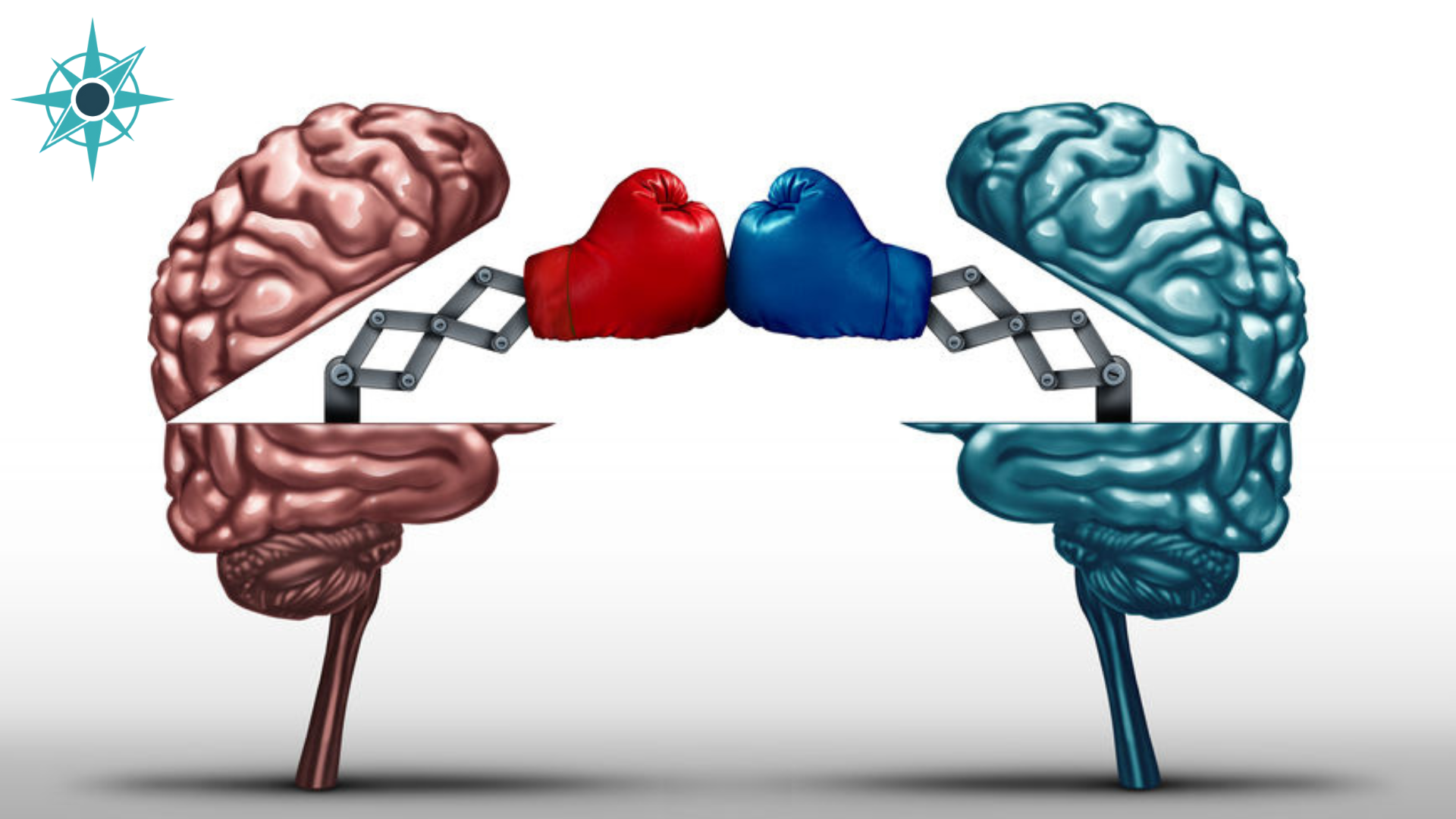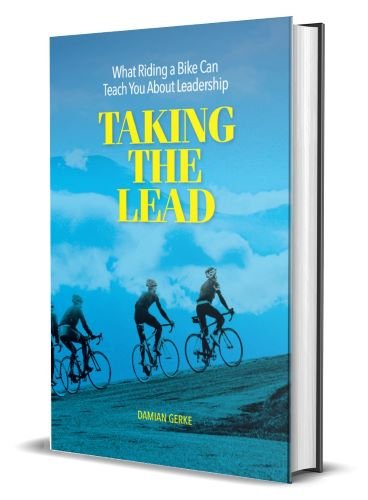Stop Trying to Be the Smartest Person in the Room
Trying to display your alpha intelligence in a group of people might not be the smartest play. Just sayin’…
Image by Brain Light
In any group of people, only one (or maybe two) of them can be the smartest, right?
So the next time you find yourself in a room of people and are tempted to try to make a good impression with your experience or mental horsepower, or to establish yourself as a “player,” you would do well to face the simple reality that there can be only one smartest person in any given room.
“You would do well to face the simple reality that there can be only one smartest person in any given room.”
And Your Point Is...?
You either are the smartest person in the room, or you're not.
So What?
It's natural to want to make the best possible impression on others, especially if it's a group of people we don't know. It's tempting to want to make our mark and try to establish our credibility or influence.
But this effort to capture the SPITR title can be counter-productive—and maybe even detrimental—to establishing influence with the group.
First, it's very likely that everyone has already figured out who the smartest person in the room is. And if they haven't, it won't take long for them to confirm it. Trying to prove it just makes you look desperate, or egotistical.
“This effort to capture the SPITR title can be counter-productive—and maybe even detrimental—to establishing influence with the group.”
Secondly, your efforts will likely backfire on you. If you're NOT the smartest person and try to act like you are, then everyone else will see what you're trying to do—and you don't want to get branded with that. If you ARE the smartest person in the room and try to act like you are, then you run the risk of looking like a prideful, controlling jerk.
Either way, you lose credibility and trust, which is a step backward in your efforts to achieve influence with those in the room. Remember: the goal is not to be perceived as the smartest, it's to maximize your collaboration with the team and leverage what you and everyone collectively bring to the table to in order to get the best possible outcomes.
“Remember: The goal is to maximize your collaboration with the team and leverage what you and everyone collectively bring to the table to in order to get the best possible outcomes.”
The Big Picture
IQ is certainly an asset, but leadership is much more than intelligence. Many times the smartest person's opinion isn't the best way forward. So stop trying to appear as if you're the smartest in the room—as if that gives you some sort of award—and just lead. Because in the end, leadership is less about your capabilities and more about the team’s capabilities.
Your Next Step
How can you accurately assess your attempts to leave an impression?
“In the end, leadership is less about your capabilities and more about the team’s capabilities.”
Looking For a Resource?
Are You Who You Want to Be: You Can Know Your True Identity
Over-relying on your default approach makes you one-dimensional. You can’t be effective, no matter how capable, intelligent, extroverted, correct or successful you are.
Photo by Kyle Glenn on Unsplash
Question: Are you who you want to be?
And Your Point Is…?
In my experience, most people say they don’t—or can’t—know who they want to be.
So What?
We usually approach our identity by looking outside ourselves, using our environment and other people to define us. I call this living “Inside-Out.” Just like glaciers that shape mountains, events and others’ opinions shape how we see ourselves—often with dramatic results.
We also look backward, basing our identity on who we’ve always been. I call this a Backwards-Reference approach. It’s like trying to drive forward using the rear-view mirror—really hard, and extremely limiting.
“Just like glaciers that shape mountains, events and others’ opinions shape how we see ourselves—often with dramatic results.”
Looking outside and backward guarantees we’ll never discover who we most deeply want to be. Neither approach accounts for God being the only source of insight into our unique identity.
The Big Picture
After a personal 25-year identity quest, I can now confidently say: I am who I want to be. Though not yet perfect, I’m living out my identity with increasing peace, clarity and focus—purpose.
“A Backwards-Reference approach is like trying to drive forward using the rear-view mirror—really hard, and extremely limiting.”
I’d like to share my discoveries and the principles I’ve learned in an upcoming book, Are You Who You Want to Be: How Knowing Your Identity Lets You Live Your True Purpose. This book will help you …
Stop experimenting at defining who you are,
Disengage from the person you’ve always been,
Stop being who you don’t want to be, and …
See how faith informs the person you want to be.
“Though not yet perfect, I’m living out my identity with increasing peace, clarity and focus—purpose.”
Your Next Step
You can sign up to be a part of the Pre-Launch Team for Are You Who You Want to Be and get regular emails that unpack and help you apply the principles. PLUS, you’ll receive a pre-release copy of the manuscript if you’re one of the first 15 people to sign up.
All that I ask in return is that you talk it up. I’ll be providing shareable content that you can push out to your network. This will be crucial in raising awareness for when the book launches.
Finally, I ask you to consider this: As the only you that will ever exist in human history, if you don’t know your designed identity there’s no way to live it out. Meaning, you’ll be frustrated and the world will miss out on seeing a reflection of God that he purposed to be revealed in and through you.
Isn’t it worth, at the very least, exploring who you want to be?
“if you don’t know your designed identity … you’ll be frustrated and the world will miss out on seeing a reflection of God that he purposed to be revealed in and through you.”
Here’s a longer article on this topic at Medium.com.
What Commuting Taught Me About Leadership – Stay Humble
The only way we can GET better is to believe that we CAN get better—which requires humility.
Recently I left a job at a great company but with a long daily commute. This is the final entry of a 7-post series on things I learned about leadership on those long and tedious hours on the road.
– – – – –
I believe I’m a reasonably accomplished driver. It’d be easy to relax and not work at improving my driving skills, based on miles I’ve driven and the success I’ve demonstrated at dodging other drivers’ poor decisions.
Yet I must face the facts. There are still times I’ve started to change lanes unaware that someone was in my blind spot, or turned a corner roughly or braked sooner—or later—than I could have.
If I don’t face those facts, I’ll start thinking I don’t need to get better. Which leads to thinking I can’t get any better. Which tells me that I’m better than anyone else. Then I’m convinced that accidents only happen to other people. Which leads me to believe that accidents can’t happen to me. Then I stop using my skills. Then I get careless. Then I’m a bad driver—who still thinks he’s a good driver.
Scary.
“If I don’t face those facts, I’ll start thinking I don’t need to get better.”
And Your Point Is…?
The only way we can get better is to believe that we can get better.
So What?
I have a favorite leadership development mantra: You can’t get better by continuing to do what you’re already good at. It’s easy to over-leverage what has made us successful, whether that’s experience, personality, intelligence, tenacity … whatever.
“You can’t get better by continuing to do what you’re already good at.”
But to borrow Marshall Goldsmith’s perfectly titled book, What Got You Here Won’t Get You There, all those success-generating traits have a ceiling, a limit. Overusing them can make us think we’re a good leader, when we’re really just riding the wave of past success.
This creates blind spots, where we miss opportunities to lead more effectively. And it won’t prepare us for the leadership challenges to come.
“Overusing them can make us think we’re a good leader, when we’re really just riding the wave of past success.”
This requires a level of humility, and a dispassionate, objective view of ourselves. All with a sense of self-acceptance (i.e. my value isn’t based on my performance), coupled with a drive to improve (to fulfill our potential).
The Big Picture
It might seem odd to pair personal development with humility, but there’s a very strong correlation. People who aren’t humble aren’t hungry to learn and grow; there’s no incentive to get better. It takes humility to recognize you have untapped potential.
Your Next Step
Get someone who knows you and has your best interests in mind to reveal how you can improve. Do a 360-leadership assessment. Get a coach. But above all: Believe that you can get better.
Then never stop trying.
Want more leadership insights?
Check out:






